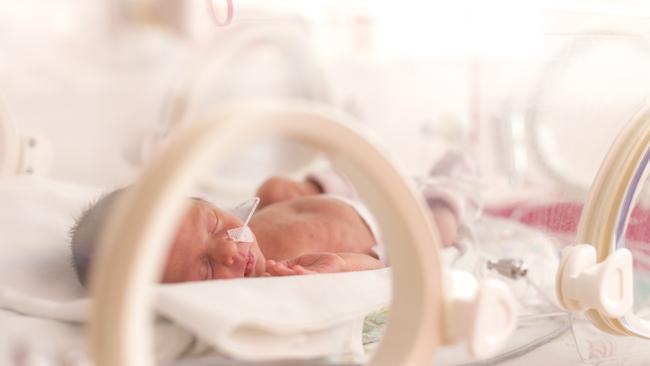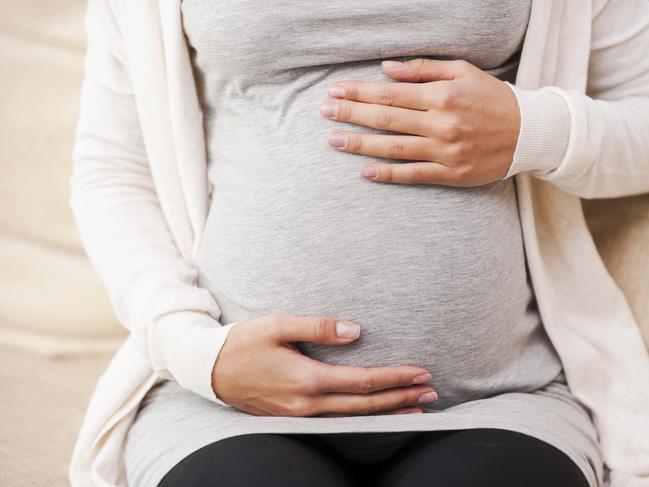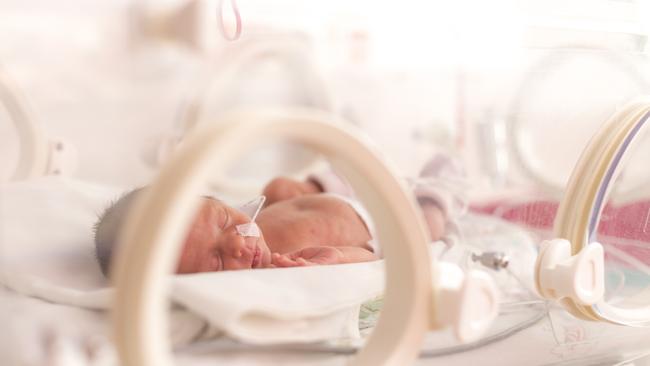Monash University research finds shift work raises a woman’s risk of premature birth by 63 per cent
Four key lifestyle factors could dramatically change a pregnant woman’s due date and Melbourne researchers have revealed why.

Victoria
Don't miss out on the headlines from Victoria. Followed categories will be added to My News.
Women who do shift work or work long hours while pregnant significantly increase their risk of having a premature birth, new Australian research has shown.
A Monash University team found shift work increased a woman’s risk by 63 per cent compared to other workers, while a 40-plus hour work week was linked to a 44 per cent rise.
The review, based on data from more than one million women, found jobs that were physically demanding or caused “whole body vibration” — such as when driving construction equipment — also increased women’s risk.
But co-author Monash University’s Alex Collie emphasised that employers and governments can make policy changes to reduce these risks and said that work overall had a positive impact on people’s health.

“We’re absolutely not saying that pregnant women should not work, that’s not the message” the school of public health and preventive medicine Professor Collie said.
He said they hope the review, which analysed 37 studies from 21 countries including Australia, can “support conversations between employers and pregnant women about ways of reducing risks”.
“We don’t want to leave the onus up to women, although they should be aware of these results,” he said.
“We need workplace policy and procedures that balance these risks while not limiting the workforce participation of women.
“Most jobs are able to be modified in some way to reduce exposure to physical tasks.”
The study, published in Public Health Reviews, defined shift work as working different hours across a roster, as opposed to someone who, for example, works the same night shift every single shift.

“It’s about your working hours changing and that means the rest of your life has to accommodate those things like sleep,” Prof Collie said.
More than eight per cent, or about one in twelve, Australian babies are born premature – defined as before 37 weeks.
First author and PHD student Haimanot Abebe Adane said their findings could be used to prevent preterm birth, which impacts 15 million babies globally each year.
“This study is important because preterm birth has been linked with health complications for children such as diabetes, hypertension, lung and heart disease later in adulthood,” he said.
The researchers also investigated whether jobs that involve long periods of standing or heavy lifting had an impact on preterm birth risk, but Prof Collie said the evidence was mixed.
“So overall we’re not really able to say anything conclusively,” he said.
He said they were keen to do further studies with Australian women and were also examining existing workplace and pregnancy guidelines both here and around the world.
“We’re trying to see if those recommendations reflect this evidence,” he said.




